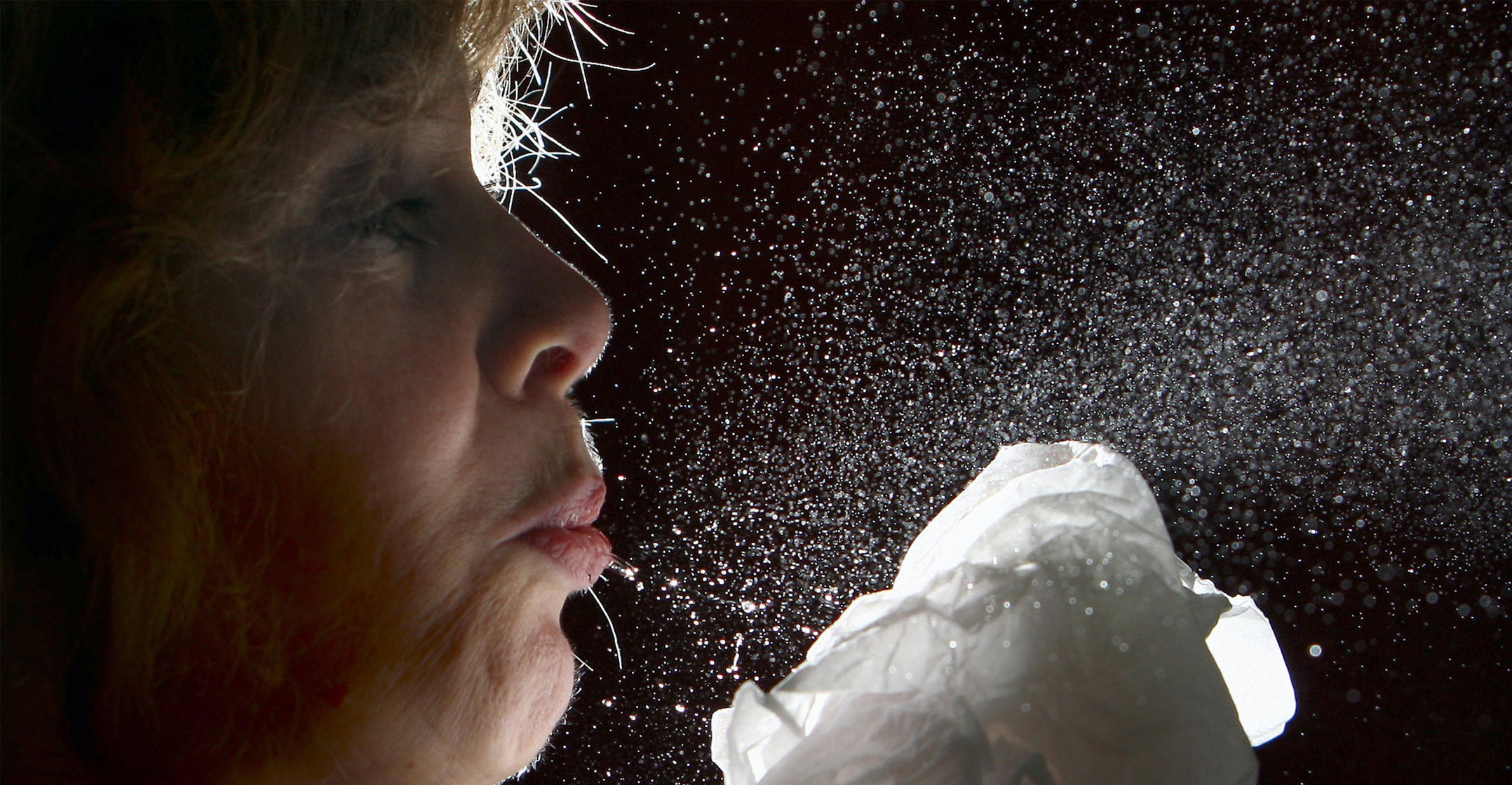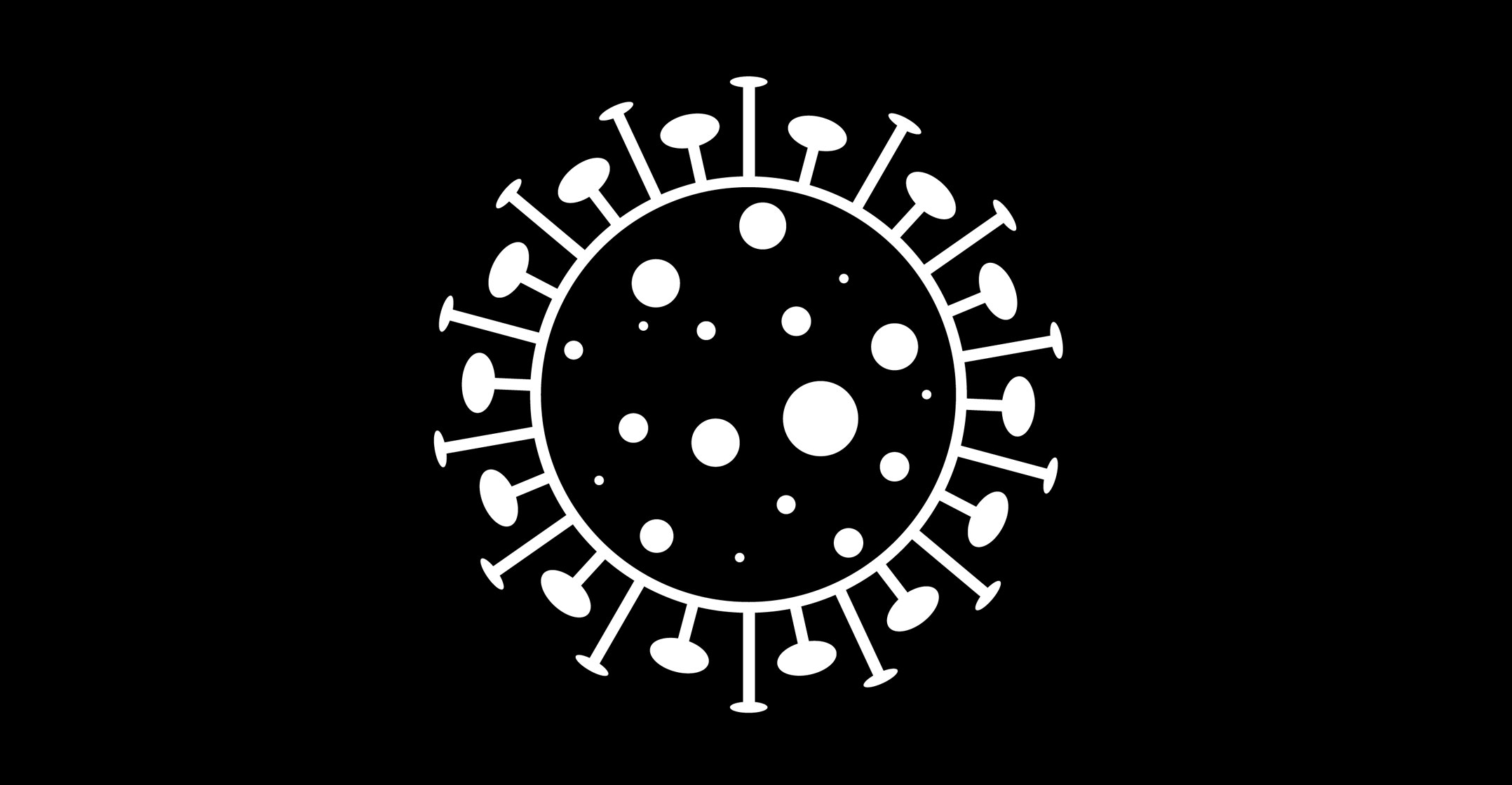 Two types of cells in the nose have been identified as the likely initial infection points for coronavirus, researchers have said. Scientists discovered that the cells have high levels of the entry proteins that Covid-19 uses to get into humans.
Two types of cells in the nose have been identified as the likely initial infection points for coronavirus, researchers have said. Scientists discovered that the cells have high levels of the entry proteins that Covid-19 uses to get into humans.
They said the identification of these cells could help explain the high transmission rate of the virus. The research further shows that cells in the eye and some other organs also contain the viral-entry proteins.
Previous studies suggest that nasal swabs from patients with symptomatic or asymptomatic Covid-19 exhibit higher viral concentrations than those in throat swabs. The scientists said their results could potentially have implications for future treatment and prevention of the disease.
Covid-19, which has claimed more than 180 000 lives across the world, affects the lungs and airways. Symptoms can be flu-like, including fever, coughing and sore throat, while some people may not experience symptoms but still have transmissible virus. In the worst cases, the virus causes pneumonia that can ultimately lead to death.
It is thought the virus is spread through respiratory droplets produced when an infected person coughs or sneezes. Scientists around the world are trying to understand exactly how the virus spreads, to help prevent transmission and develop a vaccine.
Dr Waradon Sungnak, the first author on the paper from Wellcome Sanger Institute, said: “We found that the receptor protein ACE2 and the TMPRSS2 protease that can activate Sars-CoV-2 entry are expressed in cells in different organs, including the cells on the inner lining of the nose.”
Infection route
“We then revealed that mucus-producing goblet cells and ciliated cells in the nose had the highest levels of both these Covid-19 virus proteins, of all cells in the airways. This makes these cells the most likely initial infection route for the virus.”
Dr Martijn Nawijn, from the University Medical Centre Groningen in the Netherlands, said, on behalf of the HCA Lung Biological Network: “This is the first time these particular cells in the nose have been associated with Covid-19. While there are many factors that contribute to virus transmissibility, our findings are consistent with the rapid infection rates of the virus seen so far.
“The location of these cells on the surface of the inside of the nose make them highly accessible to the virus, and also may assist with transmission to other people.”
 The research was carried out by the Wellcome Sanger Institute, University Medical Centre Groningen, University Cote d’Azur and CNRS, Nice, and their collaborators, as part of the Human Cell Atlas Lung Biological Network.
The research was carried out by the Wellcome Sanger Institute, University Medical Centre Groningen, University Cote d’Azur and CNRS, Nice, and their collaborators, as part of the Human Cell Atlas Lung Biological Network.
Reported in Nature Medicine, the first publication with the Lung Biological Network is part of an ongoing international effort to use Human Cell Atlas data to understand infection and disease.
To discover which cells could be involved in transmission of coronavirus, researchers analysed multiple Human Cell Atlas (HCA) consortium datasets from more than 20 different tissues of non-infected people. They looked for which individual cells expressed both of two key entry proteins Covid-19 uses to infect our cells.

